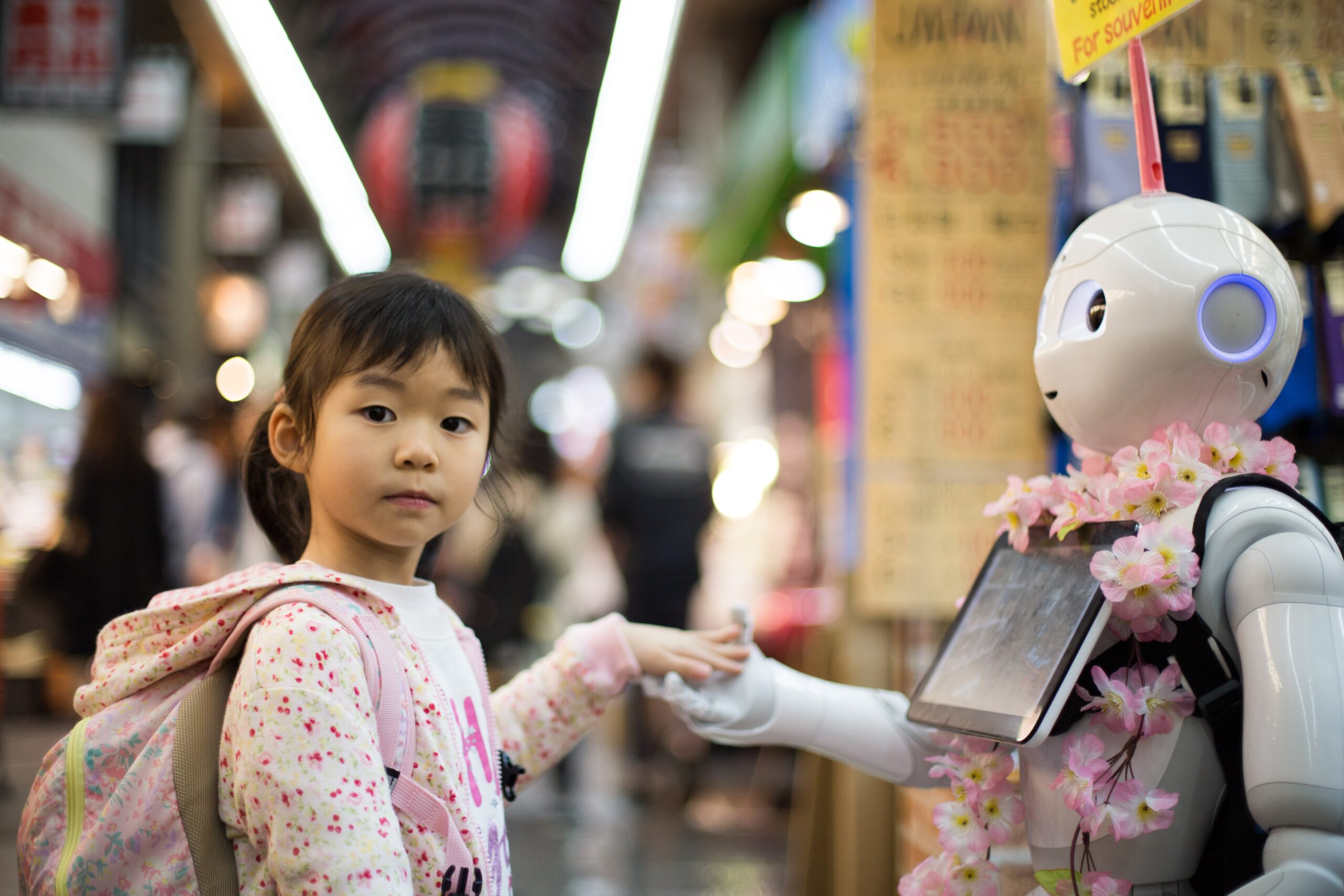Today with businesses operating all over the world translation is a necessary tool for aiding communication between different businesses. If you are a global company and you have not yet taken advantage of the benefits of translation then it is likely your business isn’t gaining the revenue it deserves. Providing a website in important world languages and adapting a product to the idiosyncrasies of each of the languages and their markets are essential if customers wish to feel confident when purchasing a business’s product. There are two ways to translate product information which are using machine translators or human translators.
What is the difference between machine translation and human translation?
Machine translation is basically the instant translation of a text from one language into another using what’s called artificial intelligence. On the other hand, a human translation involves the use of the human brain of a translator who has been given the task of translating text manually.
Machine translations have been used for more than sixty years but it is not long ago when people requiring translations started to consider machine translations. Today, businesses, translation agencies, and even freelance translators are more and more seeking help from machine translators mainly to lower costs and increase productivity. There are many machine translators available, which are often free. The commonest one is Google Translate which has had to suffer some criticism due to its inability to translate accurately awkward or funny texts.
There are several kinds of machine translation which are:
- rule-based,
- adaptive,
- statistical,
- neural.
Most translation services use neural or adaptive machine translations. The deep neural machine translations produce excellent results and quickly bridge the gap that sometimes occurs between humans and machines for some text types.
Machine translations versus human translations
Some report that machine translation tools produce almost perfect translations while others consider that some machine translations can’t be understood and cause far too many problems for those that need to read the translations. This year, the machine translation market is likely to be worth at least $980 million worldwide. There is still no evidence that suggests human translators are almost redundant. Machine translators are improving their quality at a fast rate but mistranslations are still taking place so it is important that a human translator checks and edits machine translations.
In addition, there are several types of translation, such as marketing texts which involve the changing or rewriting of content completely so that it works with a new audience. This is something that machine translators are not able to do well at the moment so human intervention is required to ensure quality translations. However, if your budget is limited and large chunks of text need to be translated very quickly, machine translation is better than waiting for a human translation.
The future of machine translation
If you are a business, a translation agency, or a freelance translator, you can benefit from including machine translation in your business’s workflow. However, a human translator should be hired to improve the translation. Machine translations are here to stay and can be a cost-effective solution for anyone who requires translations.
While most businesses and organizations may prefer to use machine translators because the cost of hiring a human translator to edit and fine-tune text will lead to a far better outcome. This is using the benefits of the different types of translators. Machines are not necessarily the best choice for translating essential documents and the outcome may not always fit your expectations. Human translations improve communication and ensure the targeted audience understands the translation without any difficulty. Humans have the ability to make complicated languages easier to understand.




